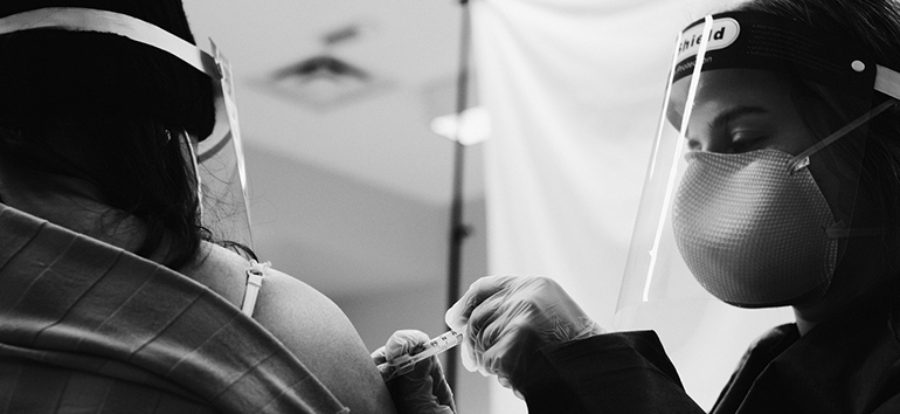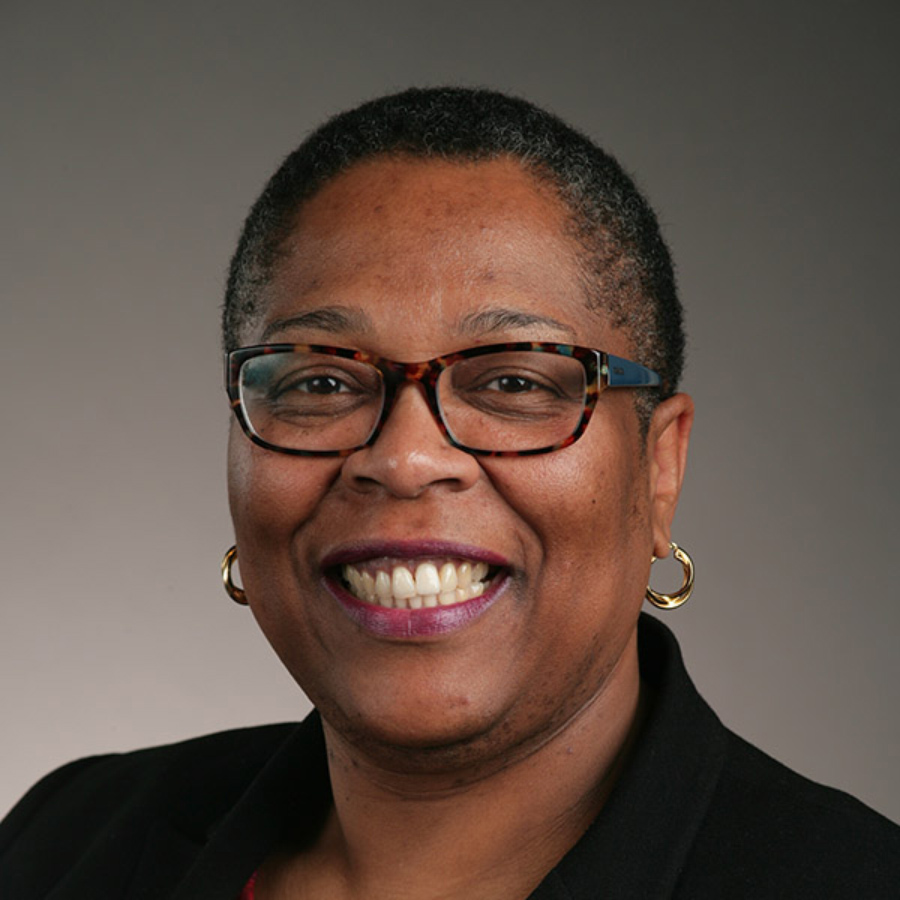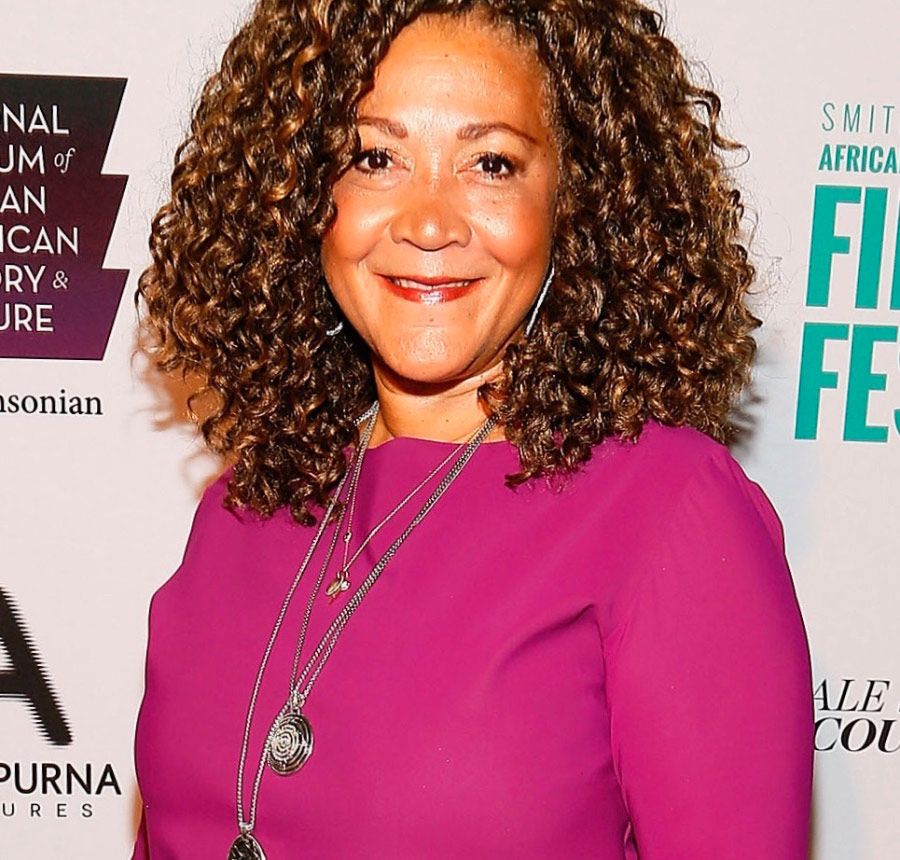news briefs

Students, faculty assist Detroit’s vaccination effort
In partnership with the Detroit Health Department and Henry Ford Health System, Wayne State students spent several weeks volunteering more than 2,100 hours to administer COVID-19 vaccines directly to Detroit’s most vulnerable populations, including the residents and staffs at homeless shelters, nursing homes and senior apartment complexes.
“We are providing vaccines to the community of people we serve, which is vital to build a community between providers and patients,” said medical student Samantha Katz. “This is affecting me because I am able to remember how much I enjoy patient care, and it reminds me of why I decided to become a physician in the first place.”
By February, the Detroit Health Department had administered vaccines to approximately 54,000 people, including 26,000 in community-based sites where Wayne State students and faculty are volunteering.
“Engaging the university in our vaccination outreach efforts during this pandemic not only provided us access to a pool of talented volunteers, but in turn provided Wayne State students real-life training that is invaluable and will help prepare them to hit the ground running,” said Denise Fair, chief public health officer of the Detroit Health Department. “It’s a win-win.”
Each day, Wayne State students signed up for shifts at outreach centers throughout the city and were deployed from the Coleman A. Young Community Center.

Amanda Bryant-Friedrich named dean of the Graduate School
“The mantra guiding my professional activities is access. Doors open to an inclusive, welcoming and supportive environment that fosters success for all who have the ability and desire to participate in the academic enterprise is my purpose,” said Bryant-Friedrich. “Wayne State has all the key elements to fulfill this mission. I am honored to have the opportunity to join this excellent community of students, teacher-scholars and leaders in higher education at this pivotal time in history.”

Former NPR host Michele Norris shares her journalistic journey, experiences exploring U.S. race relations
In 2002, Norris became the first African American female co-host of National Public Radio’s news magazine All Things Considered — public radio’s longest-running national program — with Robert Siegel and Melissa Block. While on a sabbatical from that program during the 2012 presidential campaign, Norris traveled the country and developed The Race Card Project, an initiative where people are invited to share their feelings and beliefs about race and identity in six words. The project has archived tens of thousands of stories from all 50 states and more than 60 countries and is now used in hundreds of schools, colleges and communities as a forum for sparking dialogue.
“The most productive conversations around race are probably the ones you never hear,” said Norris. “We want to help people understand the conversation that’s percolating in America in private spaces.”